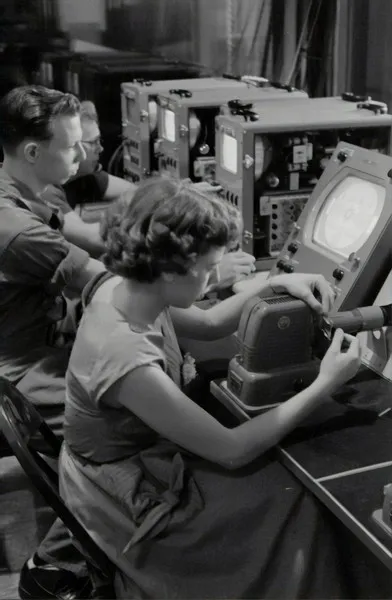In the field of sociology, the impact of automation on employment has been a topic of great interest and concern. Technological advancements, particularly in the areas of artificial intelligence and robotics, have led to the automation of various tasks and processes. While automation has undoubtedly brought numerous benefits to society, such as increased efficiency and productivity, it has also raised questions about the potential displacement of human workers. In this article, we will outline and explain which jobs are likely to be lost to automation.
1. Routine and Repetitive Jobs
One category of jobs that are highly susceptible to automation are routine and repetitive tasks. These jobs typically involve a high degree of predictability and can be easily standardized. Examples include assembly line work, data entry, and certain administrative tasks. Automation technologies can perform these tasks with greater speed, accuracy, and consistency, making them prime candidates for replacement by machines.
2. Manufacturing and Production
Automation has already had a significant impact on the manufacturing and production industries. With the advent of advanced robotics and computer-controlled systems, machines can now perform complex tasks that were once exclusive to human workers. As a result, jobs in assembly, packaging, and quality control are at risk of being replaced by automated systems. While humans will still be needed to oversee and maintain these systems, the number of workers required is likely to decrease.
3. Transportation and Delivery
The rise of autonomous vehicles and drones has the potential to revolutionize the transportation and delivery sectors. Jobs that involve driving, such as trucking and delivery services, may be at risk as self-driving vehicles become more prevalent. Additionally, with the development of drone technology, the need for human delivery drivers could decrease, especially for short-distance deliveries. While these changes may lead to job losses in these industries, they also present opportunities for workers to transition into new roles that support and maintain these automated systems.
4. Customer Service and Support
Advancements in natural language processing and machine learning have enabled the development of chatbots and virtual assistants that can handle customer inquiries and provide support. As these technologies continue to improve, jobs in customer service call centers and help desks may be at risk of automation. While human interaction will still be valued in certain situations, many routine inquiries and tasks can be efficiently handled by AI-powered systems, reducing the need for a large workforce in these areas.
5. Data Analysis and Processing
The ability of machines to process and analyze vast amounts of data has led to the automation of certain tasks in the field of data analysis. Jobs that involve repetitive data entry, data cleaning, and basic statistical analysis are increasingly being performed by automated systems. However, it is important to note that the role of humans in data analysis is still crucial, as they possess the ability to interpret and contextualize the results generated by automated processes.
Conclusion
While automation brings undeniable benefits to society, it also raises concerns about the potential displacement of human workers. Jobs that involve routine and repetitive tasks, manufacturing and production, transportation and delivery, customer service and support, as well as data analysis and processing are among those most likely to be lost to automation. However, it is important to recognize that automation also creates new opportunities and roles that require human skills and expertise. As technology continues to advance, it is crucial for society to adapt and ensure that the workforce is equipped with the necessary skills to thrive in an automated world.





